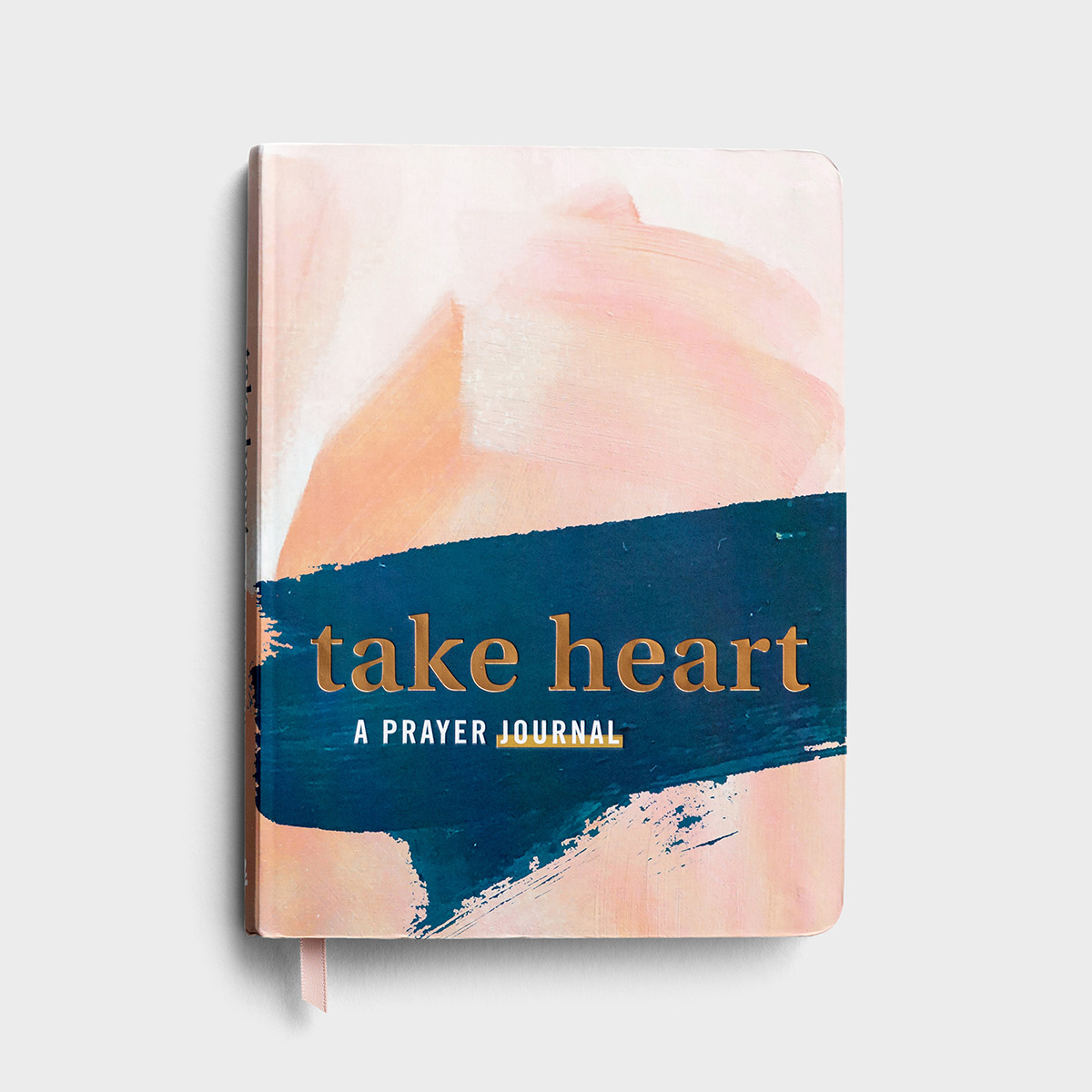I sat in my doctor’s office awaiting his confirmation of my self-diagnosis.
I had gone there because I needed some serious help: I couldn’t sleep, I had racing thoughts, wildly swinging moods, and a bunch of other symptoms I couldn’t explain. I told my doctor all about it, asked for tests, and gave him my diagnosis of some sort of weird early onset menopause. After all my explaining, I told him if I had to come up with one phrase to describe me it was, “It’s like I have bipolar.”
Still I was shocked that day sitting there when he gave me a diagnosis of Bipolar II Disorder. I had struggled for years with depression but felt that I had gotten a handle on it. Now there I was, finding out I was even more broken than I thought.
I left, not with a nice and easy prescription in hand that would make my world right again but with more appointments and doctors orders to start meeting with a counselor immediately. There was no quick fix but a long road ahead.
Now I sit in a counselor’s office every week. I have regular check-ups with my doctor. I talk with both of them about big, scary topics. Words like suicidal, depression, hypomania, medication, and cognitive behavioral therapy have all become a part of my regular vocabulary.
But the hardest part for me to swallow was when my counselor told me that because of my disorder I couldn’t trust my own thoughts, that my brain lies to me. I could see things differently depending on my mood, and sometimes I wouldn’t be able to discern the truth at all.
How could this be? What could I trust then? If I can’t trust my own brain, if I see things wrongly, how in the world could I make it through life?
Then God reminded me of something He had been teaching me. Just a few months before, I started studying something that jumped out at me in Psalms. So many psalms start with despair, with the psalmist pouring out his negative feelings — sometimes even ones that we would be afraid to say. Feelings like, God, You’ve abandoned me. Or God, You can’t save me. Feelings of wanting to run away, wanting to hide, being depressed, or even thinking it would have been better not to have been born.
The psalmists certainly didn’t hold back on their feelings. They were raw and honest and vulnerable with their God. But as we know, that was not the end of their stories. Most of those psalms end with them telling us about how amazing their God is, how He is their refuge and strength, their Redeemer and Deliverer.
I always thought those psalms were telling us the beginning of the story and then the ending once God had worked everything out, that it was easy to declare the glory and goodness of God because He had won great victory for them. But in closer study, that was not always the case.
On closer inspection, the ending of many of those psalms is in the future tense. They were declaring the glory and goodness of God, but not because He had already delivered them; no, they declared it because it was true.
No matter how they felt, no matter what their brain was telling them, no matter their overwhelming circumstances, they chose to believe the truth they knew about God. This is the same truth that we have access to today, the truth we can read in the Bible, the truth we know from the stories in our own lives and the lives of others.
The psalmists were not afraid to talk to God about how they felt; they laid it all out there, every ugly piece. But then they said, This is what I feel, but I will cling to what I know. I know God has not abandoned me. I know God is working no matter the circumstances. I know God is my safe place, my Deliverer, my Redeemer.
There are so many days when what I feel is despair, when my brain is lying to me, when I feel abandoned, unloved, or even the opposite — like I can conquer the whole world by myself. And that’s ok. I can feel those things. I can talk about them. I know from Psalms that God welcomes those conversations and is not afraid of my hard emotions.
But I will always return back to the Bible and cling to what I know — even if it is all future tense, even if I have not yet seen the deliverance. I know I can depend on the truth of God’s Word because it will never lie to me.
I feel many things with this brokenness of mine, but seeing my brokenness just drives me back to the safest place I know — my God, the one to whom I will cling.
God is not afraid of our hard emotions. -@Jensnewsong: Click To Tweet Leave a Comment






I wonder–what would I do to a friend who lied to me as often as my feelings have?
I honor and applaud your commitment to sifting the lies that whisper from your fallen brain. I think it’s a lifelong discipline, and, for me (although I don’t have a diagnosis to battle as you do) it’s crucial that I talk to myself (about Truth) more than I listen to myself.
I love that thought – I certainly wouldn’t trust them all the time! Same with my feelings – I always need to run them through the truth of God’s Word. Thanks Michele!
Jen
One of the best pieces of advice my mom ever gave me was “feelings aren’t facts.” And ohh was she right. The same words that crush you one day, roll off your back the next, dependent on sleep or lack, hunger, thirst, time of day etc. Isn’t it great to know our God never changes? His word is truth no matter what we think or feel.
It is so great to know that our God never changes! And that He gave us His Word so we can depend on it. Thanks Denise
Jen
Jennifer,
Great insight! Psych issues are nothing to take lightly. Applaud you for seeing the doctor quickly. Important to get a handle on our emotions. Our feelings are fickle. They lie to us often & have us saying things we don’t really mean. The enemy loves to see us down & out. He will work hard making sure those lies come often. The best way to fight any flaming arrows from our brains or the enemy is with the Word of God. Say it out loud & tell yourself the truth about God. We may not see the deliverance right now, but truth is one day we will. We all need to memorize scripture & have it ready when those arrows come. The best & only defense against lies from our brain or the enemy.
Blessings 🙂
Your idea of saying out loud is sticking with me. That’s not a practice I have yet considered, but I think it would be so helpful. Thanks Beth.
Jen
I’m so grateful God is not afraid of our hard emotions! And I’m so glad that He wraps truth in love, making even painful things to hear eventually bearable. Jennifer, thanks for opening your heart and life to encourage us. God bless you.
Glad that He wraps truth in love, making even painful things to hear eventually bearable. I love that line. What a truth to meditate on. Thanks Pearl.
Jen
Yes. I can’t trust what my anxiety tells me. I can trust God. I might feel my depression like a weight at times, but God helps me carry my burdens, and, in Him, I have hope.
“Fear, he is a liar” as the song says.
God always gives us the grace we need because he is always carrying the burden with us. Love that. Thanks Rachel.
Jen
Yes! So true. I can identify with not being able to trust my own thoughts – not because of bipolar but depression, anxiety, and PTSD. And I too have found that facing my brokenness (which has been hard!) keeps driving me “back to the safest place I know – my God, the one to whom I will cling.” Though I still sometimes struggle to accept my limitations and deal with them, I’ve also come to be grateful for them, recognizing that they keep me close to God in ways that my strengths don’t. And maybe the truth is that no human being can completely trust our own thoughts and perceptions, but it’s only when our normal human limitations become more extreme that we recognize the underlying fact of our inability to perceive reality truly apart from God’s gracious revelation of truth to us.
I too am thankful for my weaknesses and how they’ve driven me to God – it’s so true, we all have them and we all need them. Thanks Carolyn.
Jen
Thank you for being so transparent! Which Psalm and version is this from?
Katrina,
I wasn’t referring to one Psalm here – so far I’ve found 17 different ones that fit this pattern! But my favourite is Psalm 42. The Psalmist encourages himself to hope in God because he believes that God will deliver him and restore his joy. You will be blessed by reading it!
Jen